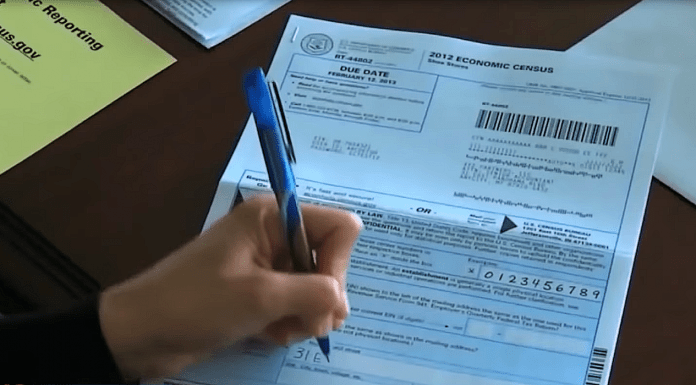The Supreme Court agreed to hear a case that will determine the federal government’s ability to exclude non-citizens, including illegal aliens, from the census, the New York Times reported.
The high court will hear the case, which could shift some political authority to smaller, Republican states, as early as December.
The issue at stake is the constitutionality of President Donald Trump’s July 2020 “Memorandum on Excluding Illegal Aliens From the Apportionment Base Following the 2020 Census.”
“For the purpose of the reapportionment of representatives following the 2020 census, it is the policy of the United States to exclude from the apportionment base aliens who are not in a lawful immigration status,” Trump wrote in the memorandum that directed Commerce Secretary Wilbur Ross.
The Constitution states that “Representatives” and “direct Taxes”…”shall be determined by adding to the whole Number of free Persons…three fifths of all other Persons.”
The Fourteenth Amendment overturned the three-fifths clause and said that the “whole number of persons in each State” should be counted for purposes of representation and taxation.
Progressives opponents of Trump’s directive claim that the Fourteenth Amendment requires the census to include illegal aliens.
The Trump administration cites historical precedent to argue that “persons” must be lawful, permanent inhabitants.
“Current estimates suggest that one state [California] is home to more than 2.2 million illegal aliens, constituting more than 6 percent of the state’s entire population,” the memorandum said.
“Including these illegal aliens in the population of the state for the purpose of apportionment could result in the allocation of two or three more congressional seats than would otherwise be allocated.”
The Trump administration appealed a lower court’s decision, which ordered that the federal government does not have the authority to grant federal representation and funding in proportion to the number of the United States citizens living in each state.
Instead, the court ruled that states with vast numbers of illegal aliens, such as California, New York, Texas, Illinois and Florida, should receive additional representatives and federal money.

